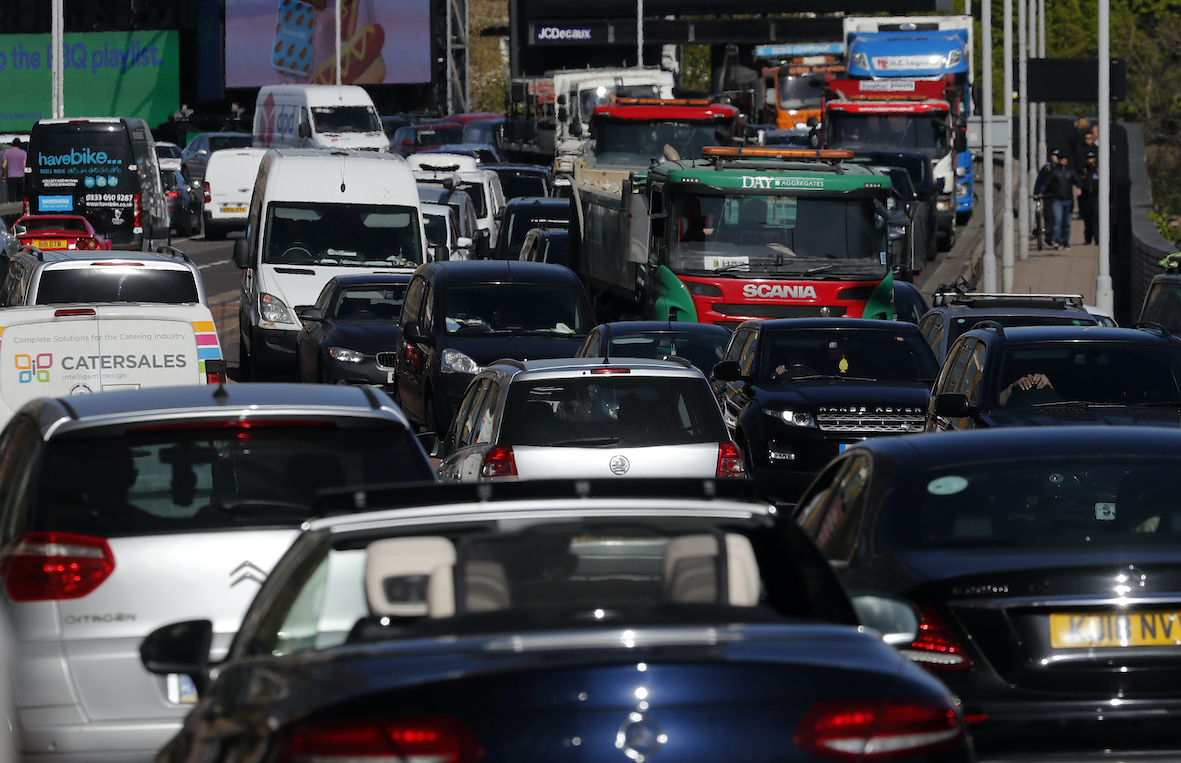The plan to include road transport and heating of buildings in the system of emission allowances is dividing the countries in the European Union, with countries from the Eastern bloc opposed to new emissions rules that could prove costly to housing and transport.
In Brussels, environment ministers presented member states’ positions on the European Commission’s proposal of the climate package. The intention was to charge for emissions from these sectors that probably raised the most doubts.
Under the current system, the rising price of natural gas is driving many countries such as Poland to turn to coal to keep the country running into an energy crisis. The problem is that with the system in place, countries that use energy sources such as coal produce more emissions, and they must pay for carbon allowances on the emissions trading system (ETS). The cost of such allowances has gone up dramatically during Europe’s winter gas crisis.
Housing and cars are currently not covered under the ETS scheme, but the EU wants to change that, according to Czech news outlet Echo24. As a result, the countries with the most inefficient housing and most gas guzzling cars are facing major penalties.
Taking from the poor and giving to the rich
Some countries of Western and Northern Europe, including Germany and Austria, support the current proposal. On the other hand, representatives of the states of the eastern wing of the EU, including the new Czech Minister Anna Hubáčková, expressed significant reservations.
“The proposal to include road transport and heating of buildings in the system of emission allowances is very difficult for us to accept in its current form, given the likely negative social impacts that could significantly increase the risk of energy poverty in our country,” said the Czech Minister who negotiated with her EU colleagues for the first time.
Representatives of Poland, Slovakia, Czechia, and several other countries have indicated that, given the current high energy prices, they fear further price increases.
Poland, for example, relies on coal power for about 70 percent of its energy. The country has resisted EU attempts to penalize countries that use coal by rising CO2 costs. Prime Minister Mateusz Morawiecki told other EU leaders that the ETS was taking “money from the poor to give to the rich,” said a diplomat privy to discussions.
Central Europe is not alone
However, criticism of the increase in car traffic or heating of buildings comes not only from post-communist countries that rely more on fossil resources. Concerns have also been expressed by Spain, Portugal, Hungary, France, and Ireland.
On the contrary, the ministers of the Scandinavian countries and Germany, for example, pointed out the need to disadvantage the use of polluting sources for haulers and heating plants as much as possible.
There are other areas of concern for countries like Poland, Italy and Czechia, all countries that feature buildings with low energy efficiency
The EU wants to ensure minimum building energy efficiency standards are met by 2027 and for homeowners by 2030. Given that buildings in the EU account for 36 percent of greenhouse emissions, there is pressure to require those buildings that are the least efficient to be forced to pay for renovations that would include new windows, better insulation, and new heating mechanisms.
Critics of the move say that it would be incredibly costly for many nations, turn many areas of cities into construction sites, and leave many homeowners unable to afford the required upgrades. There are also concerns that there are simply not enough construction workers available to complete the necessary work in time.






